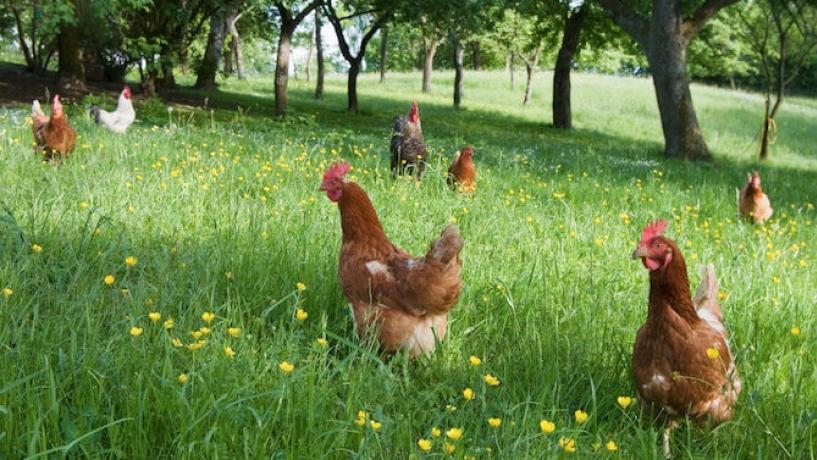
Recently, an animal welfare group joined forces with young Australian children to create a video pleading with McDonalds to crack down on the use of cage eggs.
The group ‘Animals Australia’ asked children to upload video messages and compiled the best entries into a touching short video.
Every year in Australia, McDonald’s restaurants in Australia use about 91 million cage-eggs in their food. However, the company does not use cage-eggs in Europe or the UK, and New Zealand has already begun phasing them out. Animals Australia Director, Lyn White, commented that there have been discussions regarding McDonalds Australia phasing out caged eggs over the past seven years.
Until lately, the welfare group had refrained from drawing public attention to the Australian McDonalds failure at meeting their guiding principles on animal care. The hope was that consultation would prompt them to match commitments that had already been made in other countries. However, as the company has failed to move forward, stating that there was not enough public feedback to cause a transition, Animals Australia thought it was time to start pushing.
The group hoped that an appeal from children, who make up a large percentage of McDonald’s customer base, would force the fast food giant to recognise the commercial benefits of paying attention to their consumers.
It seems that the concept worked, as a spokeswoman for McDonalds recently announced that the company in Australia would begin transitioning to cage-free eggs in 2015. The aim is to be completely cage-free by the close of 2017, and McDonalds say they want to continue working with existing suppliers to make the change happen.
The Health Benefits and Concerns of Cage-Free Eggs
McDonalds themselves drew attention to the fact that there has been research emerging out of the UK that has shown free-range eggs are less healthy than caged hens. The company suggested that the biggest threat to free-range chickens is bird-flu, as the animals are more exposed to open environments, creating a higher level of risk.
However, this research remains controversial, as other studies suggest that the increased density of poultry not only enhances the spread of bird flu, but can also contribute to the mutation of the virus. According to 'The Bird Flu Book’, the more hosts that exist within a closed environment, such as chickens in a cage, the more opportunities the virus has to mutate into something that is more dangerous to the human population.
Research carried out on antibiotic resistance, for example, shows that ‘intensive production’ increases the chances of rare genetic events taking place.





